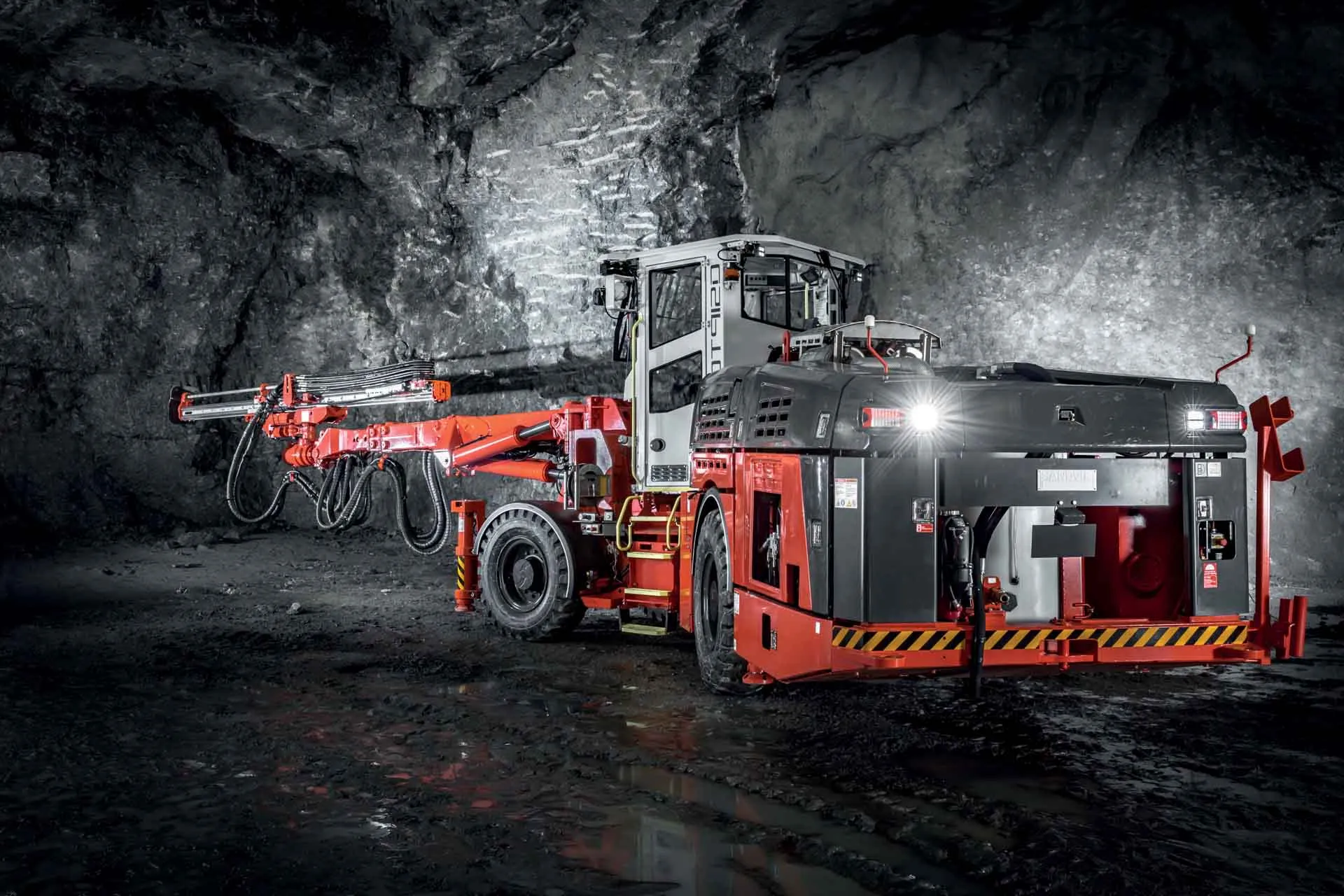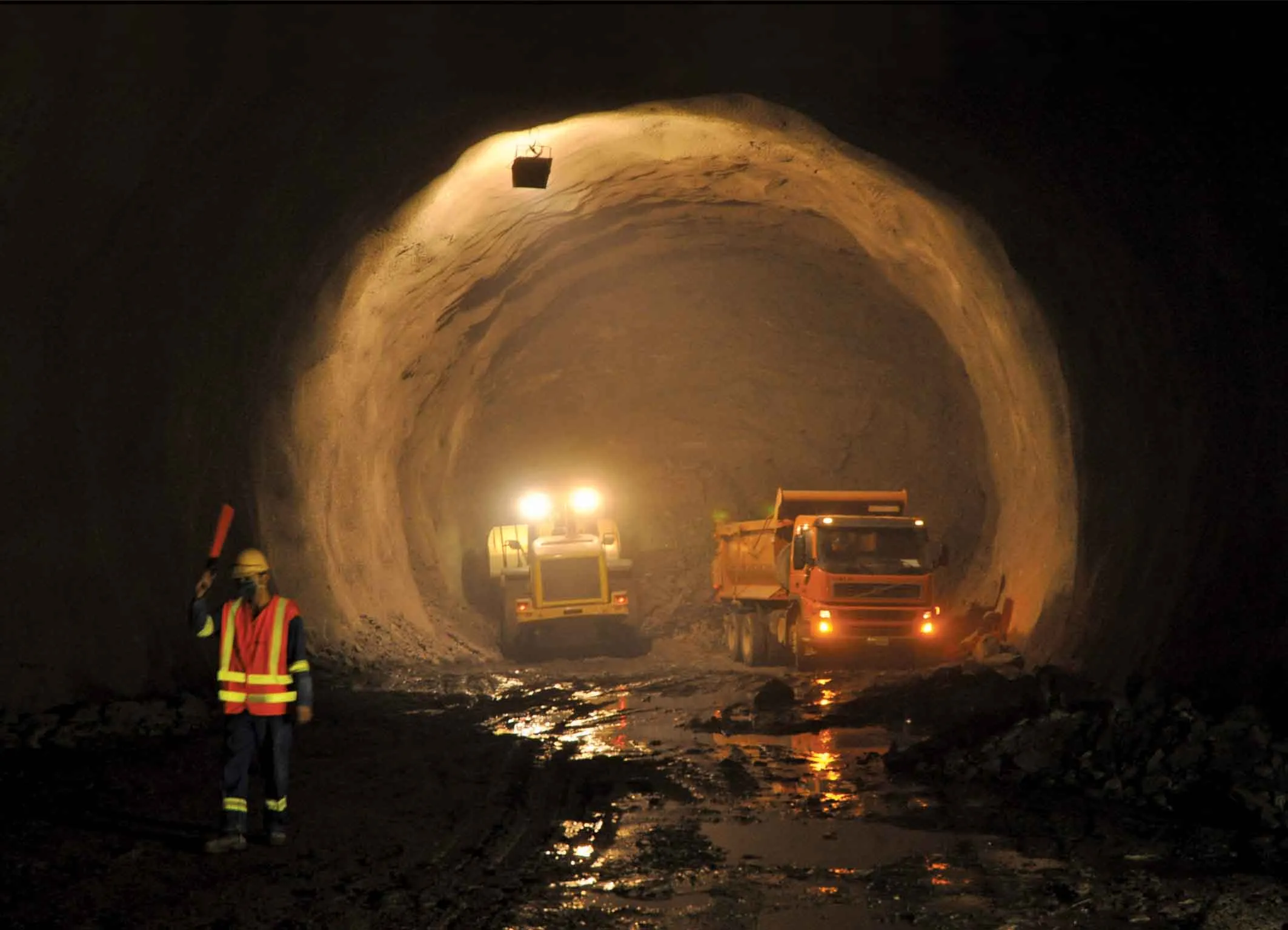German company Herrenknecht says that in recent months it has received 18 orders from India for tunnel boring machines (TBMs) for projects to expand metro networks in the Indian cities of Delhi, Bangalore, Chennai and Kolkata, and for water supply schemes. Earlier this year an Indian record of 525m of drilled and secured tunnel was achieved in one month on the Veligonda water project (state of Andhra Pradesh) with a Herrenknecht Double Shield TBM (diameter 7.9m). The 18km Veligonda Tunnel is part of a sche
November 30, 2012
Read time: 2 mins
German company Herrenknecht says that in recent months it has received 18 orders from India for tunnel boring machines (TBMs) for projects to expand metro networks in the Indian cities of Delhi, Bangalore, Chennai and Kolkata, and for water supply schemes.
Earlier this year an Indian record of 525m of drilled and secured tunnel was achieved in one month on the Veligonda water project (state of Andhra Pradesh) with a“India is one of the world's largest economies, and there is a demand for metro systems, through which the high traffic volumes in the heavily built-up cities can be rerouted underground,” says Herrenknecht.
The EPB (earth pressure balance) shields (Ø 6.35m–6.6m) are being used to create a total of 71km of tunnels for mass transit systems.
In March 2012 the
In Chennai, eight TBMs will excavate more than 38km of tunnels for new metro lines, while in Mumbai the existing water supply network is being renewed and expanded, and a total of three Herrenknecht TBMs (Ø 2.8m– 6.2m) drilled or are drilling over 16km of drinking water tunnels.
To mark the 60th Anniversary of the establishment of diplomatic relations between Germany and India, a Year of Germany in India is currently taking place, and during the Urban Mela series of events, Herrenknecht presented its portfolio covering all aspects of mechanised tunnelling in Chennai.








